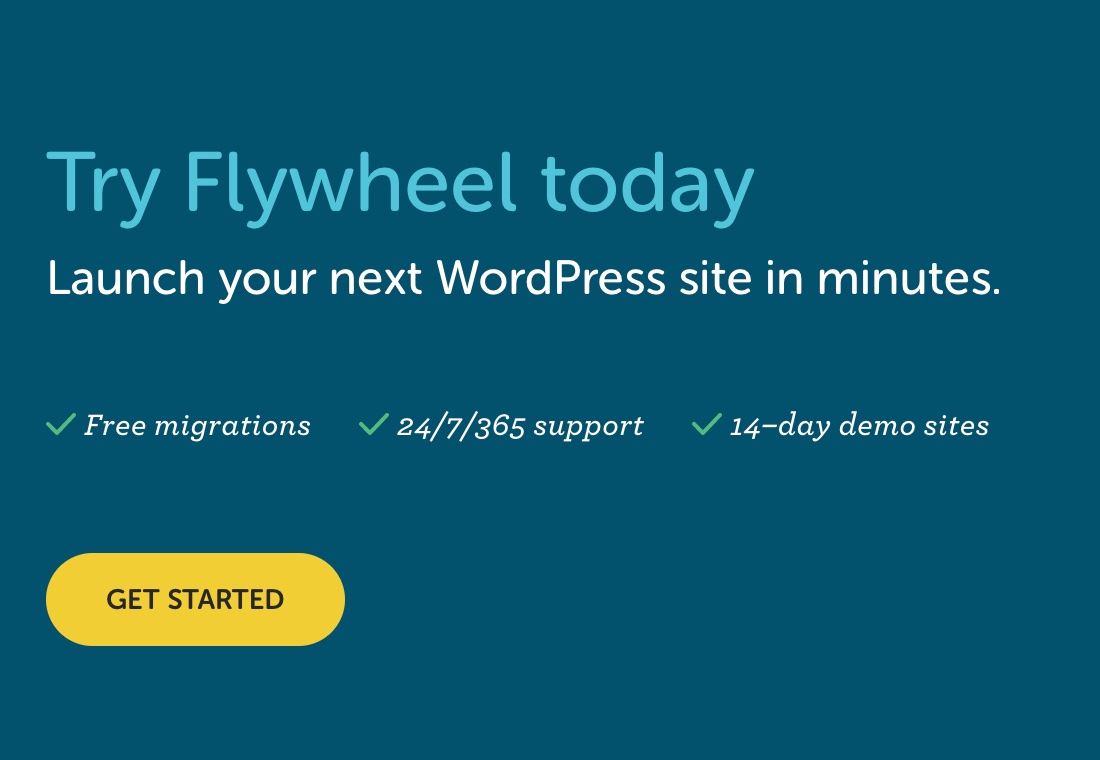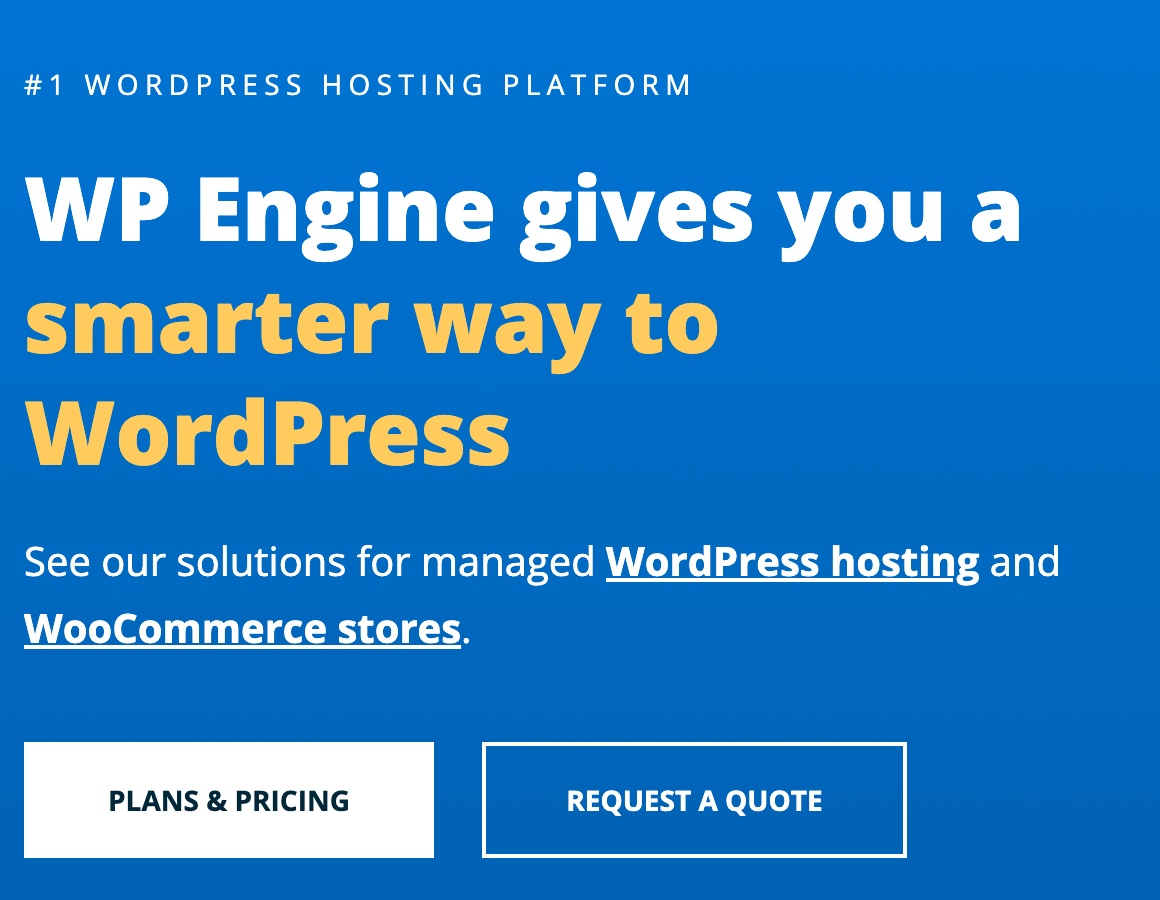In the world of web design, there is a large gap between the cheapest web service provider and the most expensive web service provider; with many in between. You can have a basic website or blog created for as little as a few hundred dollars or several thousand dollars; a social networking site can be outsourced for under $10k, or a high-end service provider can charge upwards of $200k. So what is the difference? Why might a client want to consider the caliber of their web service provider? The difference is thought & research, time, expertise & quality.
Thought & Research
Thought: By thought, I mean thinking through a project: planning and considering the end user. If a project is not planned well, it could turn out to be an utter failure. This is generally not the job of the client as their job is to be the visionary: to want to create and fund a web project. It is our job as web and design experts to take their idea and create a plan for success. Why should we think of the end user in the planning stages? Let us assume that a client wants a community associated with their website. A cheaper service provider will simply answer that they need to put their site onto a CMS (Content Management System) and install a universal community module. That’s all fine, except no one planned out how this will actually be used by the end user. Is a community even what the end user wants? Will this achieve any of the client’s goals? If the demographic of the end user is 60-80-year-old males; they probably won’t participate in a community website. Every detail needs to be considered and planned for. Often, low-end service providers simply jump into designing and developing a website, whereas high-end web service providers spend significant amounts of time in the thought and planning stages. Research: The research behind a web design or web development project is what drives it. This includes, but is not limited to:
- Understanding the client’s business space, what makes them the same as their competitors, and what makes them different.
- Researching the end user of the target demographic. Developing personas and referencing them throughout the project.
- Understanding what is defined as success in the project. Developing a plan for success within the project base of user research and functionality requirements.
- Project research is often neglected with low-end service providers, yet with high-end service providers, it can be in excess of 33% of the budget.
Time
Low-budget web design is often done rather quickly; using cookie-cutter designs that are far from original. These prebuilt components are part of how a low-end service provider can reduce costs. A high-end web service provider will see that much of the time one size does not fit all. Often clients have particular functionality requirements associated with a web project and very rarely can prebuilt components accomplish the client’s special requirements. Often lower end service providers do not put forth the time to test the website and its functionality. I have seen numerous outsourced projects (such as e-commerce systems) that were declared “complete” by their creator, yet the user could not even complete a transaction. That simply does not benefit anyone. A high-end service provider will have thoroughly tested their work and may have even addressed other issues, such as User Interface Design, to make the e-commerce system easier to purchase from. The time spent on a project directly correlates with the quality.
Expertise
Often, a low-end service provider simply may not charge as much as a high-end service provider, due to a lack of expertise. A high-end service provider can provide many solutions to a problem whereas a low-end service provider may not even be aware of a single solution. A high-end service provider will have had the experience to recognize when a site needs to be extensible. Often, more experienced web service providers know when to tell a client that an idea is a bad one or that there is a better alternative to their idea.
Quality
What makes a quality website? In my opinion, it consists of these elements: quality of design, quality user interface design, and being developed for the end user. In a world where we are constantly being bombarded with media; quality design allows the client to stand out or at least hold a strong placement against their competitors. Often low-end service providers provide the same look for every site. Their design often consists of reflections, drop shadows, gradients, and glossy effects; they will apply these design techniques to every project regardless of the client’s business space or the client’s end users. Once again, a high-end web service provider recognizes that one size does not always fit all. Suppose that the client has an organic t-shirt company. How well does a website filled with gradients and drop shadows appeal to its end user? Probably not as well as a design that feels more man-made, earth oriented and organic (this also relates back to thought & research- how much time was spent actually understanding the project and its users ). User Interface design, in a nutshell, is the ease of use of anything; in this case, I am talking about web design and development. A site needs to be easy to navigate through its levels of pages and information; relating back to both thought and planning. If a user does not feel comfortable navigating a site, if they become frustrated finding information, or if it simply does not appear that what they are looking for is on the website – they will leave. This applies to any type of website. If a community site is hard to use or clunky people will not use it. If an e-commerce site is complicated or hard to check out they will shop elsewhere. I’m sure you get the idea. Many low-end service providers will not devote the time to address user interface within a website. A website is funded by your client to reach the end user. The client is trying to accomplish one or more many goals; sell a product, spread information, create a community, etc. If the end user is not one of the primary focuses during a web development project; they might not relate to the website, use the site, or wish to interact with the website. If they are not using the website then your client does not accomplish their goal. How is quality accomplished in a web design or web development project? Through thought & research, devoting ample time to a project and the expertise of the creator. Often, these traits are found with higher-end web service providers, and not with cheap low-end providers.
Why This Matters
So how does this matter? It matters because often a client does not understand why one service provider can charge 10 times that of another. A client should be informed that in web design and development you get what you pay for. In some instances, I have known many clients that needed a simple website to serve a simple function, and all they needed was a cheap service provider. I have also seen clients with high expectations and high demands on the functionality of a website choose the cheapest service provider and end up with wasted time, money, and a failed project before it even launches. I believe that it is all about the client making an educated decision when deciding on a service provider for a web design or web development project. A client should take into account the level of expertise required to complete their project successfully. Most will not be able to afford the largest firm or expert web designers and developers, but a client should try to budget for the best that they can afford. The web is a mysterious thing for many clients and often it is hard for them to understand why web design and web development can cost so much. This leaves me with my final difference between a low-end service provider and a high-end service provider – the latter will take the time to explain the mysteries of web design and development to their client and help them understand what every dollar they spend is being used for. Written by a friend and fellow web developer, Bret Glassett.




